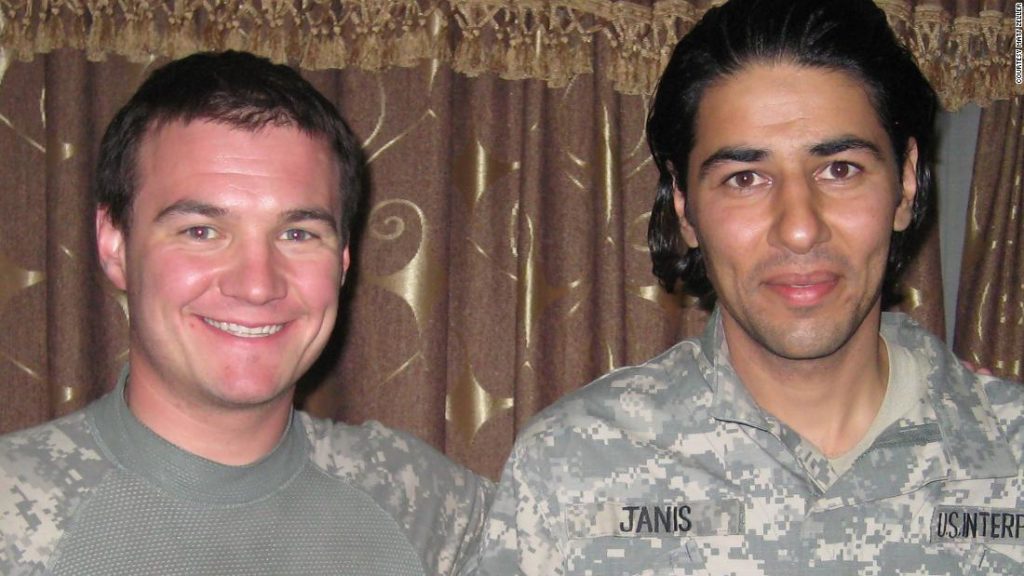Among those in the second category, we can unfortunately count life-threatening jeopardy to a group of Afghans who hitched themselves literally and spiritually to the United States.
We refer specifically to the Afghans who served as translators and in many other critical capacities — including, for instance, cooks, drivers, electricians, construction workers, base security, diplomatic linguists, cultural advisers and, of course, combat interpreters — during that 20-year period.
They served faithfully and effectively at every level, from working with the senior-most US staff at headquarters to working with squads of US troops patrolling and operating “outside the wire.” They endured the same risks — including to their lives — as our troops did. In many cases, what they did made the difference between mission success or failure, and between being killed or surviving to fight another day. Over these two decades, it’s likely that thousands of US soldiers, sailors, airmen and Marines were saved by the service of Afghan interpreters.
Perversely, the best testament to their effectiveness may be the repeated statements by captured Taliban fighters. They stated that they always sought to kill the translators serving the US military to prevent American soldiers from communicating successfully with the local population and winning their “hearts and minds.”
Applicants must navigate a complex 14-step process, which can take from three to five years to complete; applicants must produce proof of employment and a letter of recommendation from a former US supervisor who may have left Afghanistan years ago. This latter requirement — while seemingly reasonable and understandable — has itself resulted in the death of many applicants, applicants in Afghanistan have told No One Left Behind.
Processing of applications isn’t the only problem; for those who do complete the process, actually settling somewhere can also be difficult. Despite the Biden administration’s supportive rhetoric, the US government does not provide sufficient funding to securely settle the former translators and their families.
Our request is twofold: for the State Department (perhaps assisted by the Department of Defense) to assign more people to process applications, and for the US government contractors who hired, and handsomely profited from the long and loyal service of their employees, to provide financial assistance to those authorized to resettle in the US.
This group of companies includes private security contractors but also firms doing other sorts of work on the ground in Afghanistan — for instance, repairing drones. Any company with a footprint in the country likely has needed local help.
This would convey a compelling message not just to the interpreters and their families — but to others as well — that the US will live up to its moral and ethical obligations. It’s an important signal to send, especially when US troops may find themselves in harm’s way in other far-flung countries in the future.
We can — and must — do the right thing here. To do otherwise is to risk the lives of a group of people who long served the United States loyally and effectively.
You may also like
-
Afghanistan: Civilian casualties hit record high amid US withdrawal, UN says
-
How Taiwan is trying to defend against a cyber ‘World War III’
-
Pandemic travel news this week: Quarantine escapes and airplane disguises
-
Why would anyone trust Brexit Britain again?
-
Black fungus: A second crisis is killing survivors of India’s worst Covid wave

